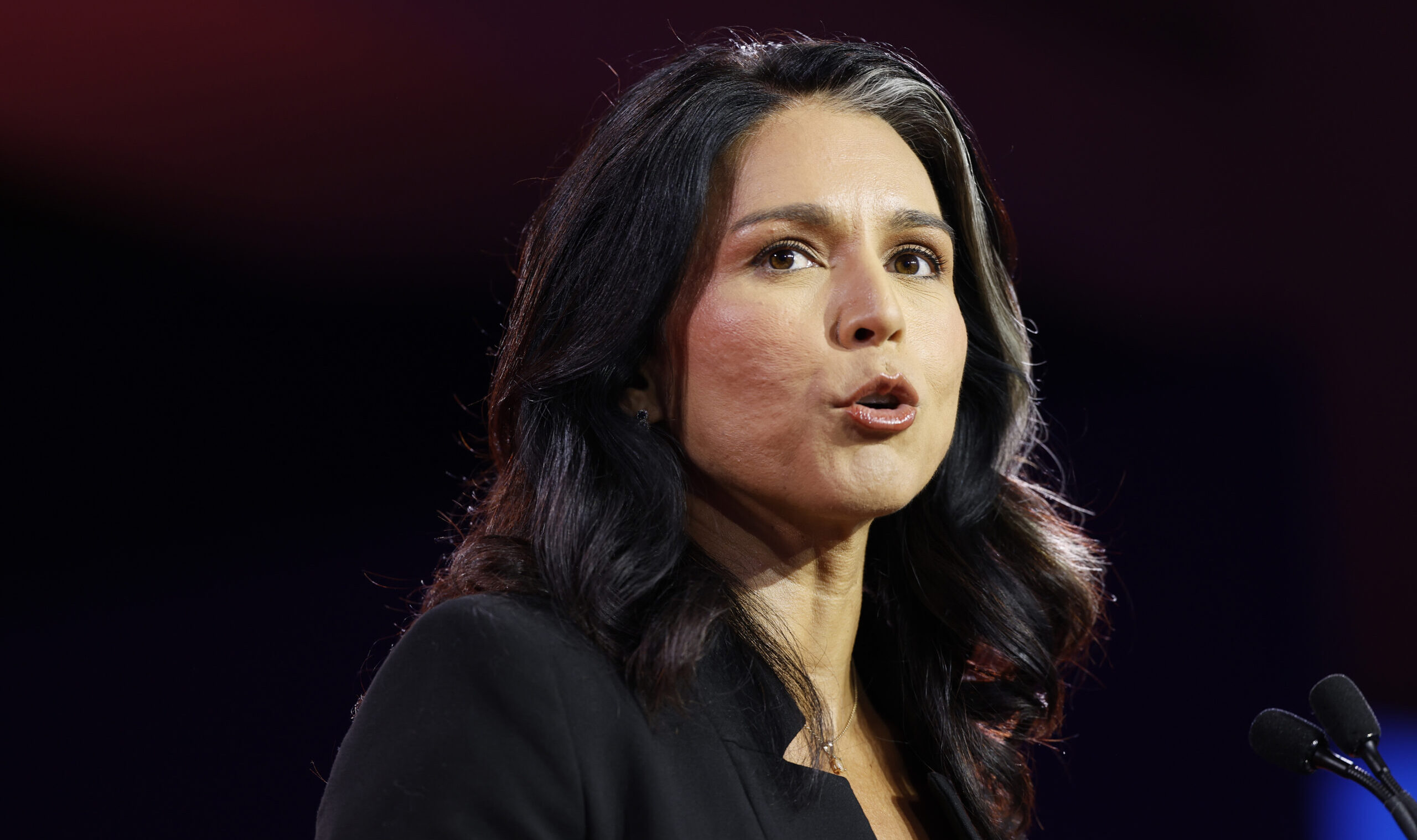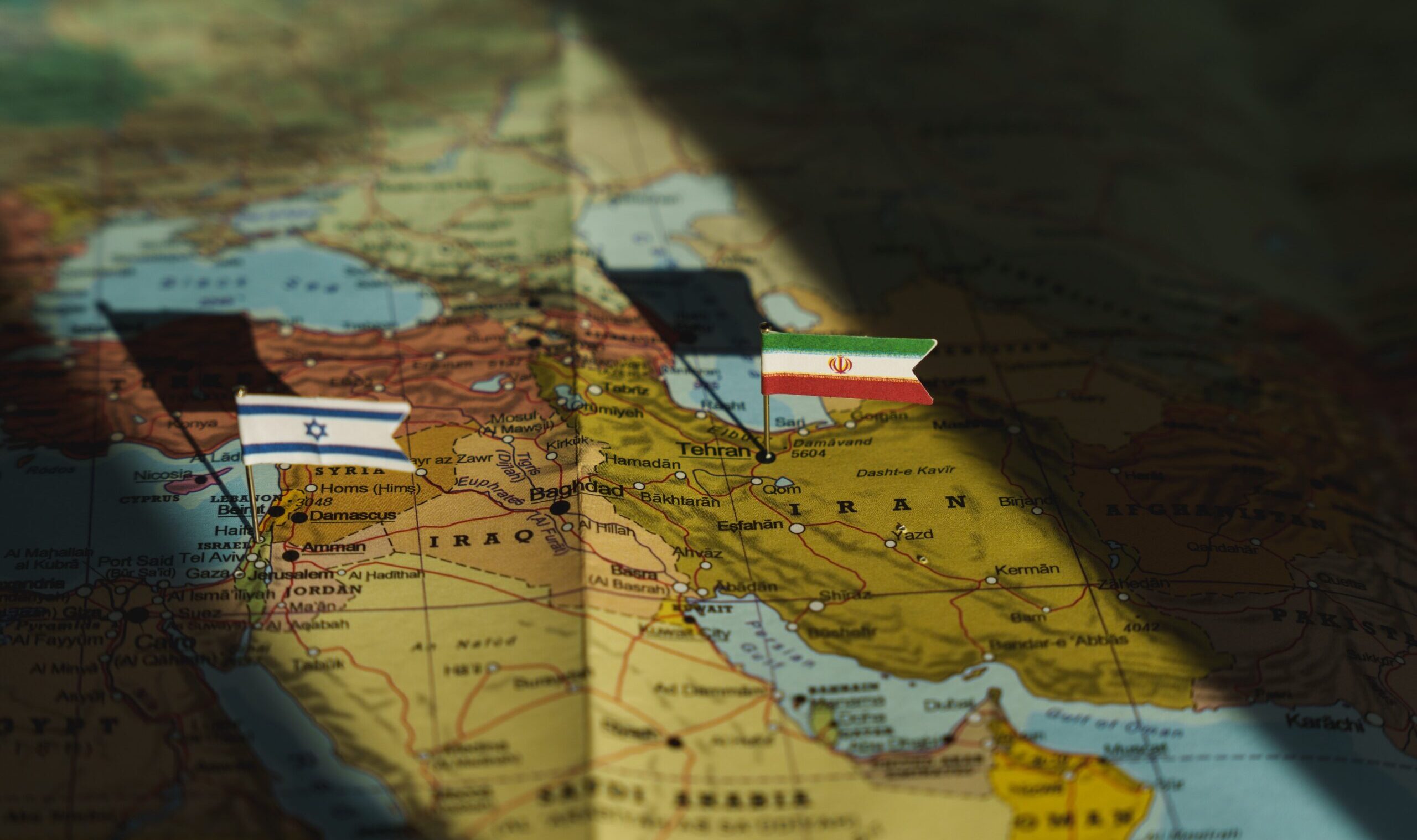
www.upworthy.com
Parents who had kids over 35 share the complex truths about being 'old' moms and dads
More Americans are becoming parents at older ages. According to the Centers for Disease Control and Prevention (CDC), the average age for women in the United States who have their first child is 27.5 years old. In another study from the National Center for Health Statistics (NCHS), between 1990 and 2023, the fertility rate for women ages 35 to 39 increased 71%,. For women ages 40 to 44, the rate increased 127%.Yet, having kids after 35 is a unique experience. In a Reddit forum, member @rainybitcoin posed the question: "Parents who were over 35 when your kids were born—how is it now?" They went on to add, "What was it like being the 'old mom' or 'old dad' (or were you?) and what is it like now your kids are older?" Parents who had kids later in life offered their firsthand experience and advice on what it's really like. These are 15 of the most honest (and real) responses. Tired Episode 2 GIF by Friends Giphy "I had mine at 40/42. Now they are in their 20s and everything is fine. I still have strength to help them move into new flats or whatever. Only problem I had was in primary school when collecting my son and his friend shouted to him: 'Your grandad is here'." —@Key-Interaction-6281"I had my kids the same age you did. Mine are all still under 10. I've been called their grandmother a handful of times now, but I find it hilarious. I turn 49 later this year, and my youngest just finished kindergarten." —@Strawberrywaffles001 Mood Grandma GIF Giphy "I feel like a salmon that went upstream, spawned and is now so tired I'm happy to drift back downstream while my body decomposes. Maybe a bear will eat me if I'm lucky." —@spiteful-vengeance"It worked out very well. He is 20 now and in college and I just retired at 65. And it’s been such a wonderful part of my life. I think my wife feels the same way." —@No-Savings7821"38 and 42 when kids were born, 48 now, kids are 6 and 11. It's kind of heavenly. I sometimes wonder if I’m actually in heaven." —@Guitar-Nutt"My daughter was born just in time to help us celebrate our 20th wedding anniversary. I was 40, my husband 42. Other than my husband once being mistaken for her grandfather while on a walk in Yosemite, our age was never an issue. I look younger than I am and my daughter definitely kept me active. I was the go to mom who took her and her friends to amusement parks and concerts. My husband and I took her on many vacations. By the time she was born, we were settled in our careers and financially able to provide her with experiences she wouldn’t have had when we were young. Today she is 32, happily married and thriving. We talk every day and have a great mother/daughter relationship. If I had it to do over again, I wouldn’t change a thing." —@OPMom21 minka kelly love GIF by Hallmark Channel Giphy "I was 39 and 42 when my kids were born; and I'm now 66 and they are 27 and 24. We were ten years older than the other parents in our childbirth class and our baby group. But my kids went to a preschool where there were lots of older parents -- I was probably the mean age of the moms there. It was in a community (Evanston, IL, suburb of Chicago) with lots of older parents. I was more of any outlier as my kids grew older, because we tended to be older than many of the parents. I used to joke that I didn't look old I actually was old. Or sometimes people thought I was younger because of the ages of my kids. One of the other parents told me Now most of the friends I grew up with are grandparents, even though none of their kids had kids young. I have a good relationship with both of my kids -- although it was strained at times when they were teens, particularly my eldest. I work hard at getting, staying healthy so I can be around for them for a long time. My own mom died when she was 50 and I was 20, so I've already made it past that frightening point on both sides of it. I didn't want my kids to be motherless children until they were well into adulthood. I'm not sure what else you want to know. I have two nieces who both had kids when they were older than 35 in San Francisco, which, I just read has the oldest mothers in the country. They are fine about it." —@here_and_there_their"I certainly was not ‘the old mom’ because like my peers, I got my career going first before having kids after 35 and then when my kids went to school, the other parents were also in their early 40s. We were all well educated and professional and so our kids attended a private school where younger parents would have been unusual." —@leatclowns Tired The Middle GIF by ABC Network Giphy "Here I am, ready to burst the "everything is amazing" bubble! ...Although I don't fit the brief 100%... I had my youngest at 34. But close enough? It's horrible compared to the kids I had in my early and mid 20s! I am healthy. I am fit and active. But there is NO comparison to how much more energy I had ~10 years ago! Please don't get me wrong! I love all of em to bits! All of them were planned and so very much wanted! But I have so much less energy, so much less patience,...like, there really are no words to describe it! The worst though, is when it comes to injuries. Since I am, and always was, very active - injuries do happen from time to time. That's just the way things go, when you're running, skiing, horse riding, biking,...,...In my 20s, that would be a sprain, some bruises or such... but now? I was out 6 weeks (!!!!) due to a stupid tumble in the snow! It wasn't even a bad fall! My body just isn't as flexible anymore, my reflexes aren't as fast anymore. I feel so sorry for my youngest, who will never meet the super active, high energy, up for anything person, that I was for my older two. I'm sorry folks, but there's a reason professional athletes mostly retire in their 30s. It's because your physical abilities start to decline. Even for professionals!" —@Alone_Lemon"I’m 48(m) my wife too, we have 11, 7, and nearly 3 year old. We are in the thick of it with trying to raise 3 kids, prime of careers, but yet worrying about saving for retirement at exactly the same time as saving for college. Don’t have time to feel old or tired, it’s all go around this place. The mostly grey haired wrinkly face guy I catch a glimpse of sometimes reminds me of our age, but luckily I spend more time looking at my much younger looking wife than myself. She on the other hand has the raw end of the deal. :)"—@ Realist1976 Border Patrol Europe GIF Giphy "I'm male - I was 41 when my daughter was born and 43 when my son was born. I was living in a big urban city, so 'older parents' weren't that uncommon. When I talk to younger people about having kids my advice is always the same: Have them when you are young. There is a biological reason a 25-year-old can stay up late and still get up for work in the morning. It's not for nightclubbing. It's for parenting infants & small children. By the time I was 18 my parents were in their mid-40s. They could still travel together and live life. You will feel you will never have enough money or enough time to have kids. So if you are in a relationship and want to have them, then have them." —@StoreSearcher1234"I had a easy time when I had my daughter at 19 yrs old. Not that easy when I had 2 sons back to back at 36 and 37. Everything was harder especially recovery. I had C Sections with all and i was running around and cleaning house when I got home with daughter. With sons it took weeks to recover. But I have to say the boys got easier as they got older and I’m proud to say we all lived thru it!" —@debbiedo2019"I do not know anyone who intentionally had kids before 35. We’re all doing great lol. However, my friends who had kids before 35 struggled with financial and relationship insecurity…" —@AdmirableCrab60 Aging Season 9 GIF by Friends Giphy "I was 40, everyone around me has had kids about the same age so socially it’s not a big deal, but personally I feel old and tired." —@strumthebuilding"I'm probably never going to meet my grandchildren. Other than that, things are pretty good, I still see both of my kids every week." —@blinkyknilb

















